commentary Commentary
Commentary: Liverpool and Man Utd have a plan to save smaller English clubs. But no one is trusting them
English football’s two biggest clubs have come up with Project Big Picture to restructure the sport, but have been accused of acting in self-interest, says John Duerden.
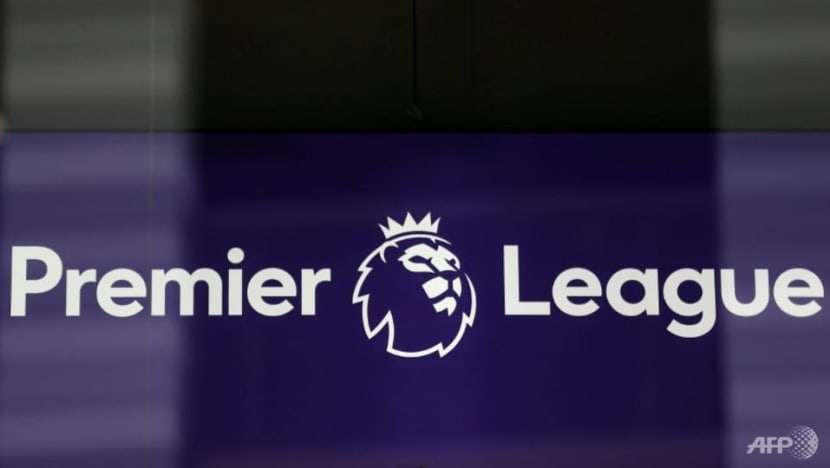
"Project Big Picture" was rejected by Premier League clubs on Wednesday AFP/Isabel Infantes
SINGAPORE: The issue in English football that has been most brutally exposed by the effects of the COVID-19 outbreak is inequality.
Back in 1992, the old First Division broke away from the football league to become the English Premier League (EPL).
Instead of all four divisions sharing revenue from broadcasting, the top tier secured a separate broadcasting deal that reached an eye-watering 4.2 billion pounds (US$5.47 billion) from 2019 to 2022, divided between 20 teams.
READ: Commentary: Are EPL broadcasting rights just too expensive for television now?
This amounts to each club pocketing a staggering 70 million pounds per year over the period.
In contrast, the 72 teams in the three tiers of the English Football League (EFL) – known as the lower leagues - have to share 595 million pounds over five years – an average of 1.65 million pounds per club.
LOWER LEAGUES NEED URGENT HELP
That difference has left teams in the bottom tiers more vulnerable to the effects of the global pandemic that brought sport around the world to a halt earlier this year.
The new season has started but English stadiums are empty, robbing teams of much-needed ticket and sponsorship revenue – a loss that will impact smaller teams more severely.
There have been warnings of clubs going to the wall as Macclesfield Town, relegated from the fourth tier to the fifth, did in September. Some teams have found ways to survive, as Exeter did by a well-planned transfer policy, but most have not been so lucky.
There have been calls for outside assistance with many suggestions that EPL clubs should in some way or form provide more financial backing for the clubs from the lower leagues.
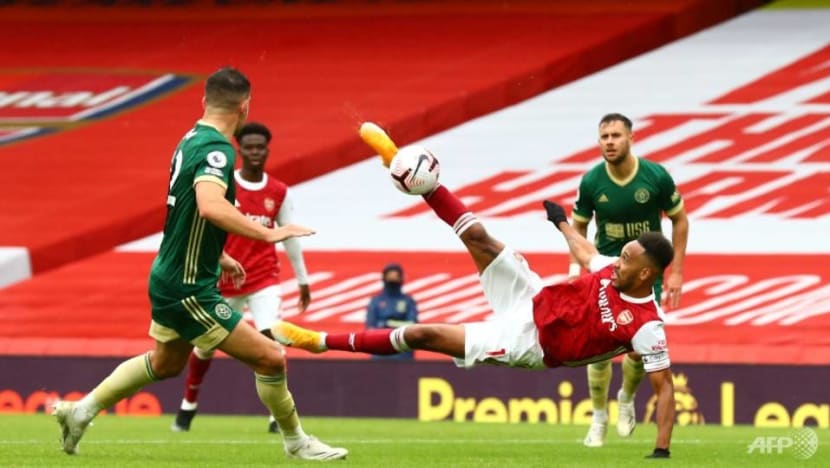
“With no crowds and no help coming from the Premier League or government there’s a real worry that League One and Two could go out of existence,” Scott Brown, goalkeeper of League Two club Port Vale, told media.
There was resistance to the idea in the top tier with Scott Dyche and Scott Parish, head coach and chairman of Premier League clubs Burnley and Crystal Palace respectively, said that in no other industries are the bigger businesses expected to help out the smaller.
As yet, there has been little state help.
THE BIG PICTURE
Enter Manchester United and Liverpool, the biggest two clubs in England, with 39 domestic and nine European titles between them and hundreds of millions of fans around the world.
They are proposing Project Big Picture - a restructuring of English football. The most important of these would see a reduction in the number of teams in the top-tier from 20 to 18, the scrapping of the League Cup and the EFL receiving 25 per cent of all broadcasting revenue.
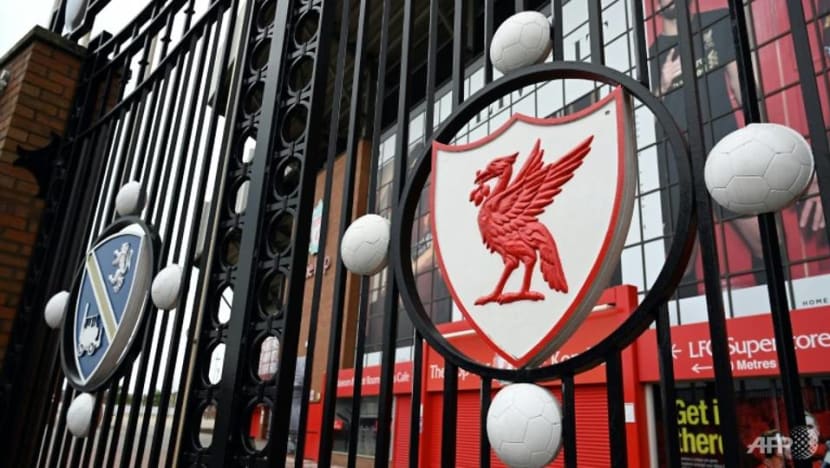
In addition, there would be an immediate payment of 250 million pounds to the EFL clubs, an amount that could be the difference between survival and extinction for many of these cash-strapped clubs.
But there is a catch.
The Big Six of English football - the two proposers as well as Arsenal, Tottenham Hotspur, Chelsea and Manchester City - and three of the other longest-serving top tier teams - Everton, Southampton and West Ham - would become the prime movers in the English game with special voting rights that would end the current “one team one vote” EPL policy.
READ: Commentary: EPL clubs can't always count on expensive foreign players for success
With that, the other teams will also lose the ability to, among other things, veto new owners of competitors.
Essentially, these nine clubs will “own” English football and in return share dividends with the bottom tiers for their compliance. As undemocratic as this sounds, there may be little choice for EFL clubs.
“Yes, there are bits that people won’t like,” Rick Parry, EFL chairman told The Daily Telegraph.
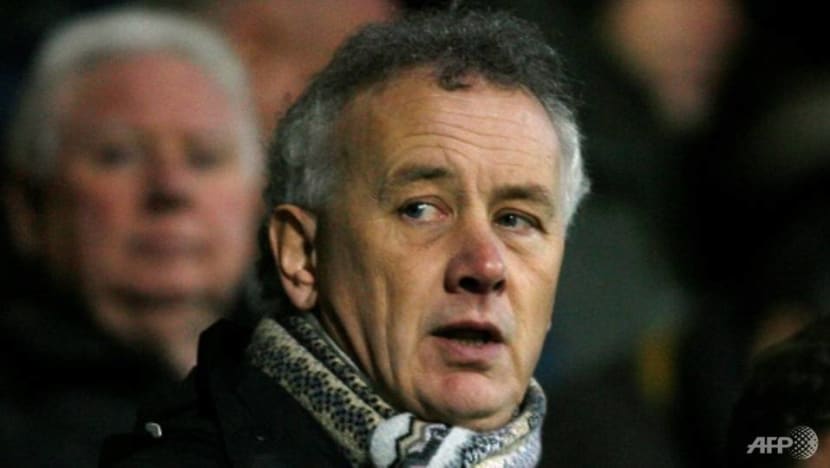
“What do we do? Leave it exactly as it is and allow the smaller clubs to wither? Recognise we have an enormous gap, recognise we have a structure that depends [in the EFL] on owner funding? Or do we do something about it?”
TOO MUCH CONTROL
While the money on offer is tempting, there are wider concerns as to how it will change football and how much control it would give the six biggest clubs in the country on how the game is governed.
Oliver Dowden, the British government’s secretary of state for digital, culture, media and sport, called the move a “power grab” and threatened a review of football governance if the rich don’t share resources.
According to reports, some smaller Premier League clubs believe that, at the very least, the big clubs are setting up a negotiating position that will see them receive a greater share of future broadcast revenue.
READ: Commentary: COVID-19 will plunge EPL clubs into financial woes
Since the new plan puts them in the decision-making sear, the bigger clubs with their global fan bases could earn more by selling their rights directly as part of the Big Six or even individually rather than collectively as the EPL does now.
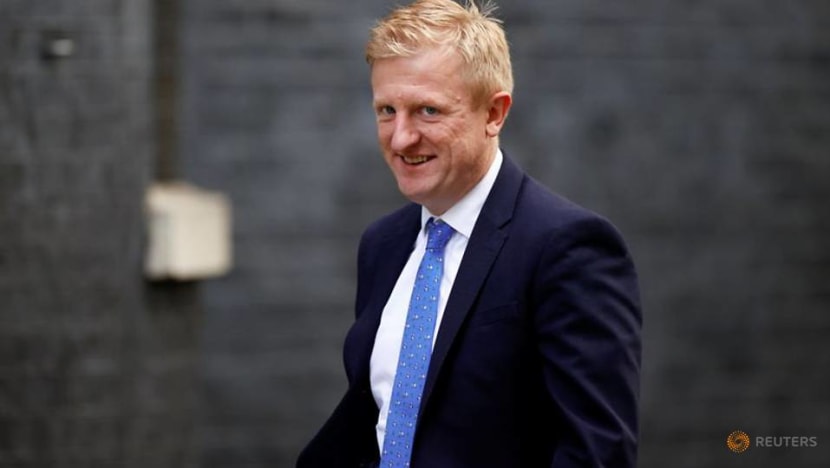
With United and Liverpool both having American owners, it is presumed in some quarters that these businessmen would prefer a more US-style franchise system where there is no relegation and the status of the big teams is almost guaranteed.
NOT QUITE FATHER CHRISTMAS
While the move may make the big EPL clubs look like generous heroes rescuing their poorer counterparts in these trying times, the reality is different.
“People have been negotiating this deal for three years so it's not a response to COVID - this has been coming, but COVID-19 is a Trojan horse for the introduction of these proposals,” football finance expert Kieran Maguire from the University of Liverpool told BBC Radio.
“Some people are trying to promote this as Manchester United and Liverpool being a combination of Father Christmas and Mother Teresa, but that's not the case as they are the clubs that will benefit the most financially from this.”
Henry Winter, Chief Football Writer at The Times, called it “commercial opportunism masked as altruism...English football does need a reset but not dictated by those whose start, middle and end is the bottom line.”
READ: Commentary: There's good reason why football clubs shouldn't be allowed to spend excessively
Even the supporters groups of the Big Six issued a joint statement, acknowledging the need for reform in order to reduce inequality but resisting the major structural changes in the proposal.
“ ...We are totally opposed to concentrating power in the hands of six billionaire owners and departing from the one club, one vote and collective ethos of the Premier League,” said the statement. “This part of the proposal must be dropped immediately if other elements are to be given serious consideration.”
OTHER OPTIONS
Despite all this criticism and resistance to the plan, the fact remains that lower league clubs are in dire need of finance and, with no government support yet forthcoming, few other options have been discussed.
"At least it's a proposal on the table - I think that's very important, after months of uncertainty," David Bottomley, CEO of League One team Rochdale told Sky Sports. “We're not in a situation, particularly clubs in League One and League Two, that we can look at any form of financial assistance and turn it down.”
In fact, reports suggest that after a meeting of EFL teams on Oct 13, a large majority of clubs supported the scheme, perhaps feeling that the funds on offer outweigh the distant issues of politics and structure at the top of the English game.
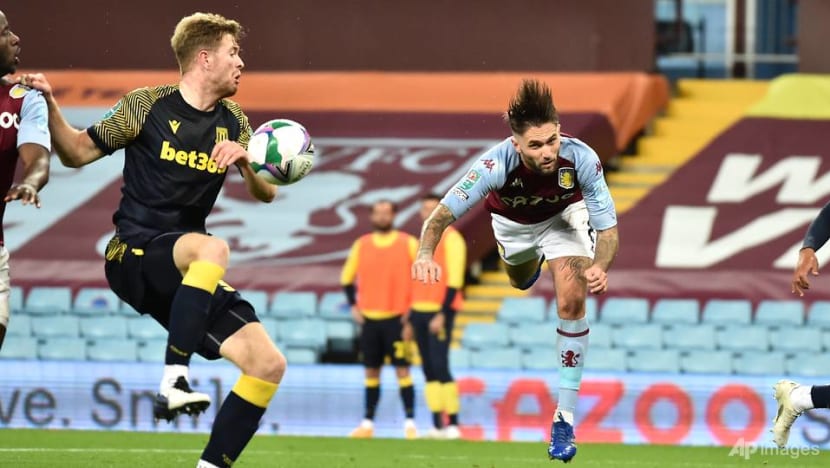
There was one other option. At a meeting of all its 20 clubs on Wednesday (Oct 14), the EPL rejected the proposal led by Liverpool and Manchester United while agreeing to a separate broader base review of English football.
It also announced a 50 million pounds COVID-19 bail-out offer with the caveat however that the money was only for the bottom two tiers, League One and League Two, and not for second-tier Championship clubs.
The next day, the EFL clubs rejected this package saying it needed a deal which covered all of its teams.
THE FATE OF EFL
What happens now? It is difficult to say but Premier League rules state that 14 out of 20 member clubs have to be in favour of a proposal for it to pass. At the moment, this seems unlikely.
READ: Commentary: Can we expect another fairy-tale EPL season?
The regional UEFA Champions League adds another dimension to the plan from the big clubs.
According to Maguire, the major clubs in Europe are pushing for an expanded Champions League between 2024 and 2025 which will see them playing more games in the highly lucrative competition and thus earning more revenue.
“Any opportunity for Premier League clubs to play more matches [in the Champions League] is simply impossible with 20 teams in the Premier League, the Carabao Cup, the FA Cup and the Community Shield. This is a way to clear space for an extended European competition, which would benefit those clubs.”
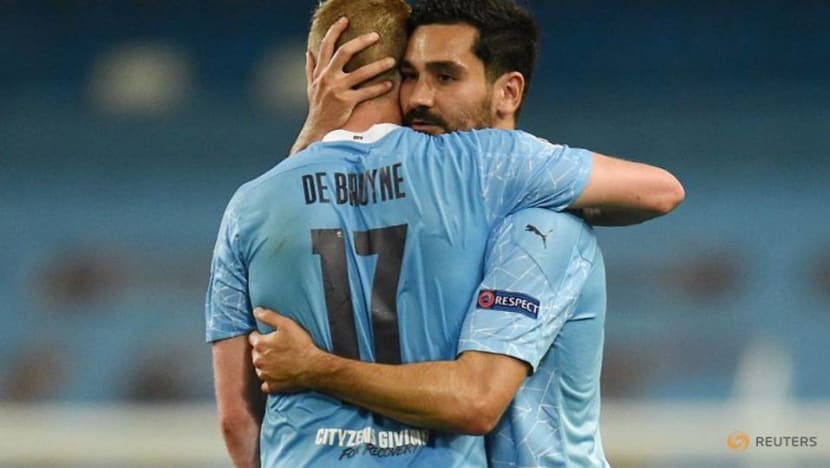
But the FA has the power to stop clubs appearing in the Champions League and could use that as a bargaining chip against Project Big Picture.
“...It is also the FA's responsibility to sanction competitions in England," said FA Chairman Greg Clarke.
“Including any proposed new competition - as well as being responsible for licensing clubs, through UEFA, to play in Europe. Additionally, UEFA look to us to nominate the league, and therefore the clubs, that will play in their competitions."
READ: Commentary: Klopp will lead Liverpool to EPL glory again
There is sure to be a lot of discussion and horse-trading to come but all the while, smaller teams are getting closer to the financial edge.
In the short-term, some kind of deal to support them is necessary but the question is - at what price? In the absence of an alternative, the option on the table may be the best choice even if it is a hard pill for many in English football to swallow.
John Duerden has lived in Asia for 20 years and covers the region’s sporting scene. He is the author of three books including Lions & Tigers - The History of Football in Singapore and Malaysia (2017).















